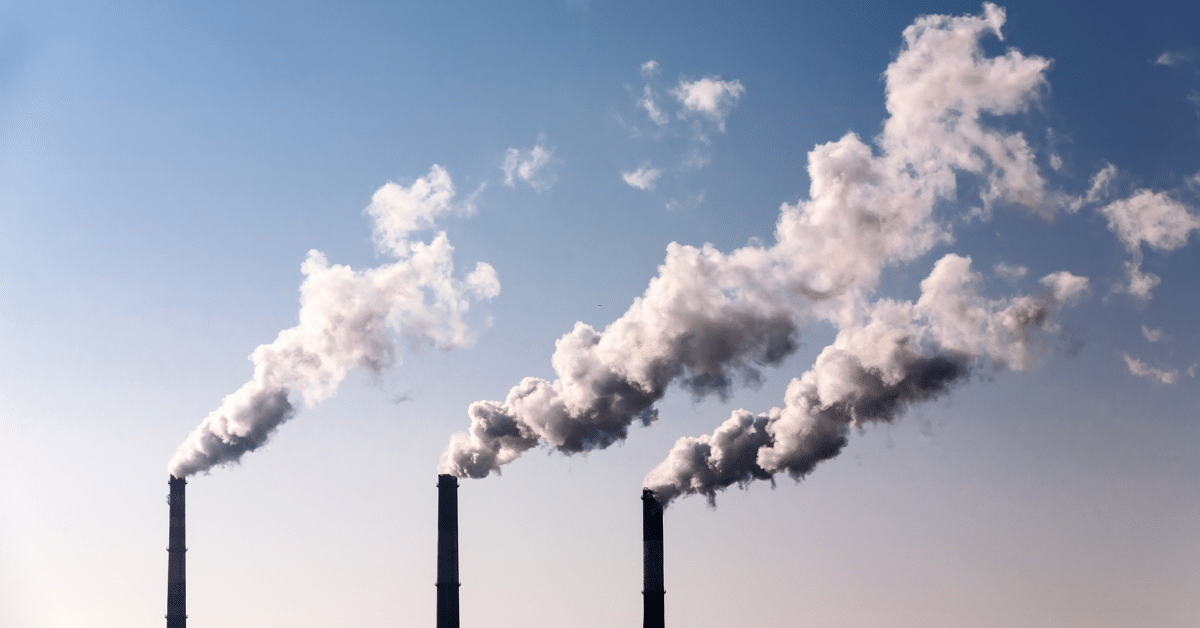
Breathing Easy? The Truth About Air Pollution in Virginia
Air pollution might not always be visible, but it affects every breath we take — and it’s a serious issue in Virginia. From busy highways to power plants, air quality across the Commonwealth is shaped by a mix of natural and human-made sources. And while progress has been made over the years, pollution still poses health risks for people, wildlife, and ecosystems.
One of the major culprits is ground-level ozone, often called “smog.” It forms when pollutants from cars, factories, and power plants react with sunlight. On hot summer days, especially in urban areas like Richmond and Northern Virginia, ozone levels can spike to unhealthy levels. Breathing this polluted air can trigger asthma attacks, worsen respiratory conditions, and put stress on the heart.
Particulate matter (PM2.5) is another concern. These microscopic particles come from things like vehicle exhaust, wood burning, and industrial emissions. They’re small enough to enter deep into the lungs — and even the bloodstream — contributing to serious health issues like lung disease, heart attacks, and stroke.
Air pollution also threatens the environment. It can harm forests by weakening trees and damaging leaves. It contributes to acid rain, which affects waterways and soil health, and it plays a major role in climate change.
Virginia has taken steps to improve air quality through cleaner energy initiatives, tighter emissions standards, and monitoring programs. But challenges remain — especially with growing development, transportation needs, and climate-driven changes like wildfires that can affect air quality from hundreds of miles away.
What can you do? Support clean energy policies, reduce car trips when possible, and advocate for stronger protections. Clean air is a shared resource — and keeping it that way is everyone’s responsibility. Because everyone deserves to breathe easy in Virginia. And involve yourself in the process.
One way citizens can get involved is by monitoring activities and decisions made by governing bodies like the Virginia Air Pollution Control Board, a regulatory board within the state’s government that develops and implements policies and regulations to control air pollution in Virginia. It is one of three citizen boards in Virginia’s Department of Environmental Quality (DEQ) responsible for environmental regulations. The board’s actions are aimed at protecting public health and welfare by addressing both existing and potential sources of air pollution.
If you’re looking for a partner organization to support that protects Virginia air, check out the Virginia chapter of the Sierra Club.